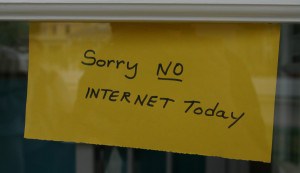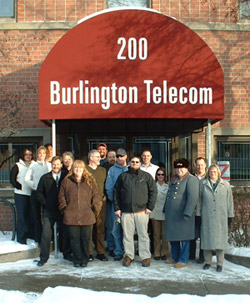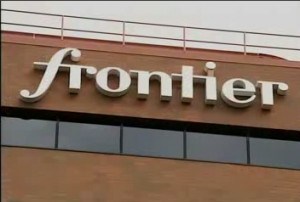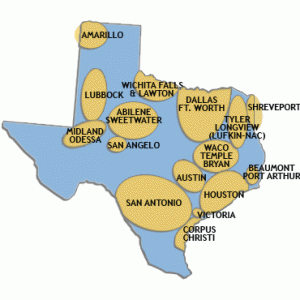
Frontier's broadband stimulus requests were also shot down when West Virginian cable operators objected
Even companies whose raison d’être these days is to provide better phone and broadband service to rural Americans are being turned down. Frontier Communications, who wants to take control of 617,000 phone lines in West Virginia from Verizon was, in part, promoting rural broadband stimulus funding as a benefit of the deal. After all, a phone company specializing in serving the underserved would stand a better chance of securing broadband stimulus money than a telephone behemoth like Verizon.
Apparently not. The feds turned down their $55 million dollar broadband stimulus application, too.
Frontier applied for two stimulus grants, one to provide fiber optic connections to schools, libraries and health care facilities, the other to fund broadband expansion in West Virginia.
West Virginia’s incumbent cable companies teamed up and just said no.
Opposition piled on from Armstrong Cable Services, Comcast, JetBroadband and Suddenlink urging federal officials to deny Frontier’s applications. They claimed the phone company was trying to secure taxpayer money to provide broadband service in their territories, making the application redundant.
“They had said this was a reason to grant approval, that this would really boost broadband deployment,” Patrick Pearlman, deputy director of the state PSC’s Consumer Advocate Division, which is opposing the Frontier-Verizon sale told the Charleston Gazette. “They went on about how they’re going to get all this money and bring all this, but apparently they couldn’t count on the feds.”
Frontier didn’t blame themselves for the failure, of course. They blamed state officials for holding up their deal with Verizon.
“This is one of the reasons why we have asked this and other commissions to act expeditiously in their review of the proposed transaction,” Daniel McCarthy, Frontier’s chief operating officer told the Gazette.
 State regulators should take the rejection as a lesson learned if they believed Frontier’s claims that approving the deal would result in an improved position for broadband stimulus funding. It was not to be. Even small cable companies will pounce on applications that suggest competition might be on the way.
State regulators should take the rejection as a lesson learned if they believed Frontier’s claims that approving the deal would result in an improved position for broadband stimulus funding. It was not to be. Even small cable companies will pounce on applications that suggest competition might be on the way.
More and more, it appears likely the grand plan for vastly improved broadband will be reduced to funding a handful of showcase rural broadband projects that solve some of the nation’s broadband deficiency woes, but after telecommunications industry and their lobbyist friends are done chewing up the project, plans of expanded broadband providing Americans with better choices at reasonable prices will remain a broadband pipe dream.
[flv]http://www.phillipdampier.com/video/TDS Telecom CEO Announces Broadband Grants for Michigan 12-2009.flv[/flv]
TDS Telecom’s grant for broadband expansion is an example of showcasing hit or miss rural broadband projects. The company secured $8.6 million to expand broadband Internet services to TDS customers in one Chatham Telephone Company exchange in northern Michigan. Considering TDS serves largely rural customers in 30 states, winning expansive broadband improvement for all Americans is about as likely as winning the Powerball jackpot. TDS CEO Dave Wittwer explains the stimulus funding to customers in this video. (1 minute)


 Subscribe
Subscribe







